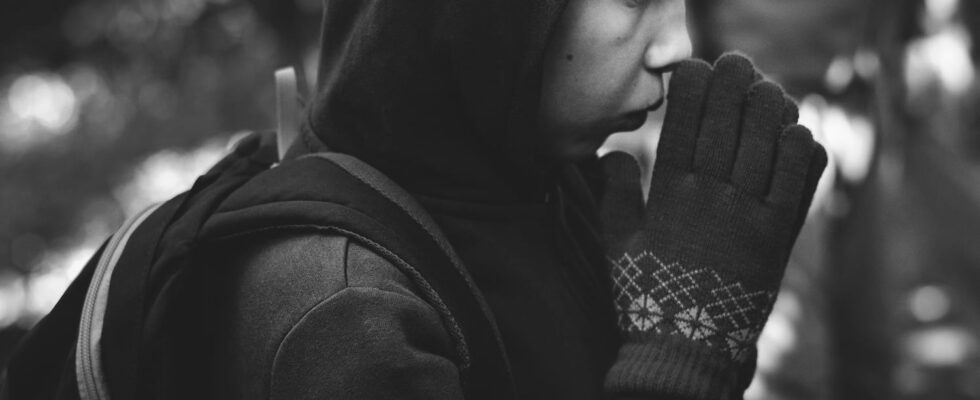A little-known rule allows children to avoid court in certain thefts.
“Steal a car? Never! Steal a bag? Never! Steal a TV? Never!” said cinema advertising before the films in the early 2000s. Never, except from your parents? If theft is morally reprehensible, it is even more so when it involves those close to you. But criminally, it is quite the opposite. While financial and/or imprisonment penalties can be imposed against a thief, a specificity exists when it concerns an act committed to the detriment of one’s parents: family immunity. In other words, you don’t risk anything if you steal something from your father, mother or grandparents. Well almost.
This is an old provision, very old in fact since it dates back to Roman times. This immunity already existed at the time. It was also included in the Penal Code promulgated by Napoleon in 1810 and has continued in the current Penal Code. A little-known feature which therefore protects children from prosecution and legal convictions in the event of theft, in many situations.
Stealing the car, the television, jewelry, clothes, paintings, decoration or any other object: so many elements which, if they are stolen by one of the children of the owner of these goods, cannot lead to legal proceedings. The law is very clear: “Theft committed by a person to the detriment of his or her ascendancy cannot give rise to criminal prosecution.” Legal specialist, Lefebvre Dalloz confirms that any vehicle is part of the list of personal effects for which no criminal sanction can be imposed in the case of theft by a child of the owner.
These provisions are valid for children towards their parents, grandparents or great-grandparents, but also vice versa, just as between spouses. However, family immunity cannot be used all the time and is not valid for everything. Obviously, it does not apply in the case of certain flights. Prosecution may be initiated if the theft concerns:
- Identity card, passport, residence permit or any other identity document
- Bank card, cash or checkbook
- Telephone or any other means of telecommunications
Furthermore, if the perpetrator is the guardian, curator or any other form of legal representative of the injured person, family immunity cannot be upheld and he can therefore be brought to justice for his actions.
